“I can’t talk to you,” the woman in the black headscarf insisted. “They’ll kill my relatives.” Adamant, she refused our entreaties for an interview.
Many others in the Debaka Camp, outside Irbil, were equally unwilling to open up about life under ISIS. They fled here from Mosul and Hawija, an-ISIS controlled town in central Iraq, and though they are now free from the clutches of the extremists, fear still grips them.
Thousands of people live in this sprawling camp, and more come every day; we watched as one truck loaded with women and children arrived from Hawija. The children appeared dazed, gulping from bottles of water and wolfing down biscuits handed out by aid workers.
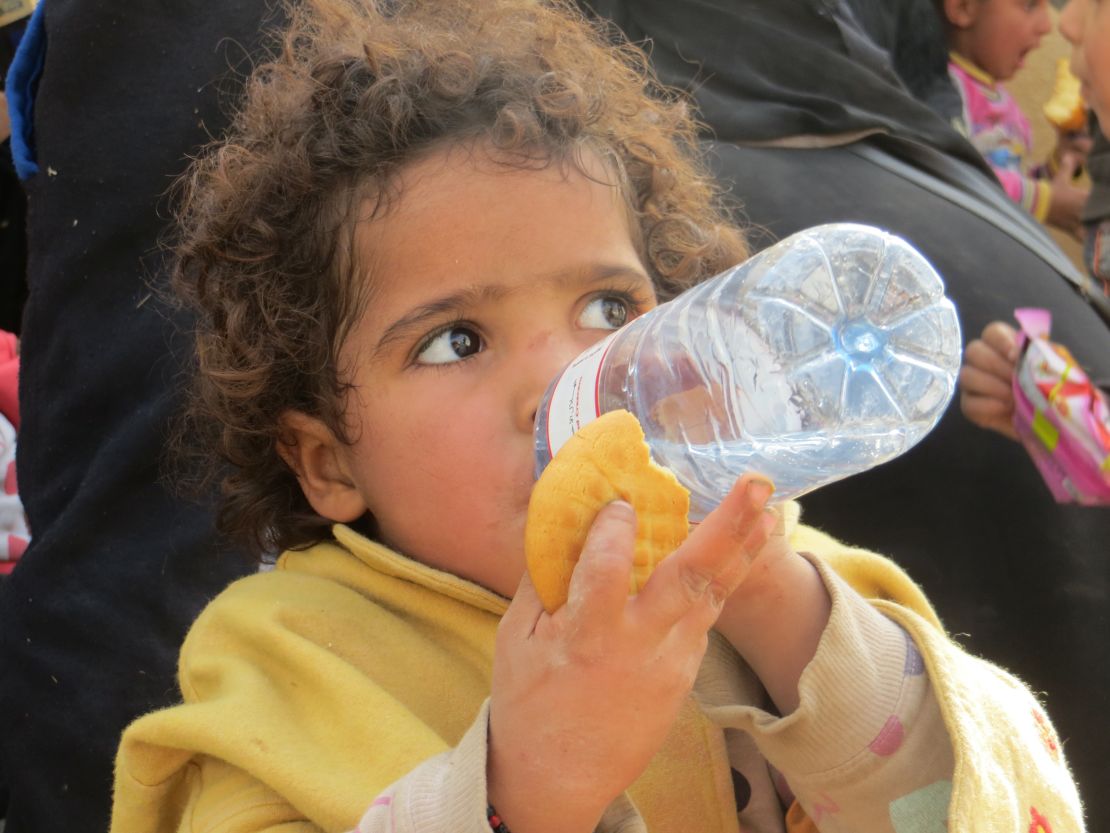
Nearby, men watched from the fenced-in enclosure where they were waiting for security clearance from Kurdish intelligence.
ISIS members and sympathizers have infiltrated groups of displaced people, making everyone a suspect. Officials check names against a database, and all males, teenagers and above, are subject to questioning.
Salim, who is in his late 20s and from Mosul, had been in the enclosure for 24 hours. He insisted he had no ties with ISIS. “I avoided them as much as possible,” he told me.
READ MORE: Freed from ISIS – but not from fear
‘Everyone is afraid’
ISIS propaganda paints a picture of Mosul as a peaceful and prosperous city, with busy markets, restaurants and teashops, the roads crammed with traffic. A video posted online last week included brief interviews with people on the streets.
“People are coming and going,” one bearded man says, as cars pass by. “People are happy.”
Another describes what is being reported on satellite news channels as “lies, lies and lies,” though given that ISIS has banned and confiscated satellite dishes, it’s not clear on what basis he makes the statement.
“From the outside it looks nice, nice pictures,” Salim told me. “But in reality it’s a life of fear and hardship.”
READ MORE: Voices from Mosul: ‘We want life back to normal’
Another man in the enclosure, who didn’t want to give his name, added: “For people with money, it’s fine. For the rest of us, there’s no money, everything is expensive. Daesh [an Arabic acronym for ISIS] provides no services or help. We get by on eggplants and rice.”
Ibrahim, a construction worker from Mosul, insisted we not show his face when we interviewed him for fear of retribution against his relatives.
He acknowledged that, to begin with, many Mosul residents had embraced ISIS fighters as a welcome alternative to what they saw as the heavy, sectarian hand of the Baghdad government.
Gradually that changed, he said, as foreign ISIS fighters swaggered around the city. “They started ordering around and killing people,” he recalled. “Everyone is afraid of them.”
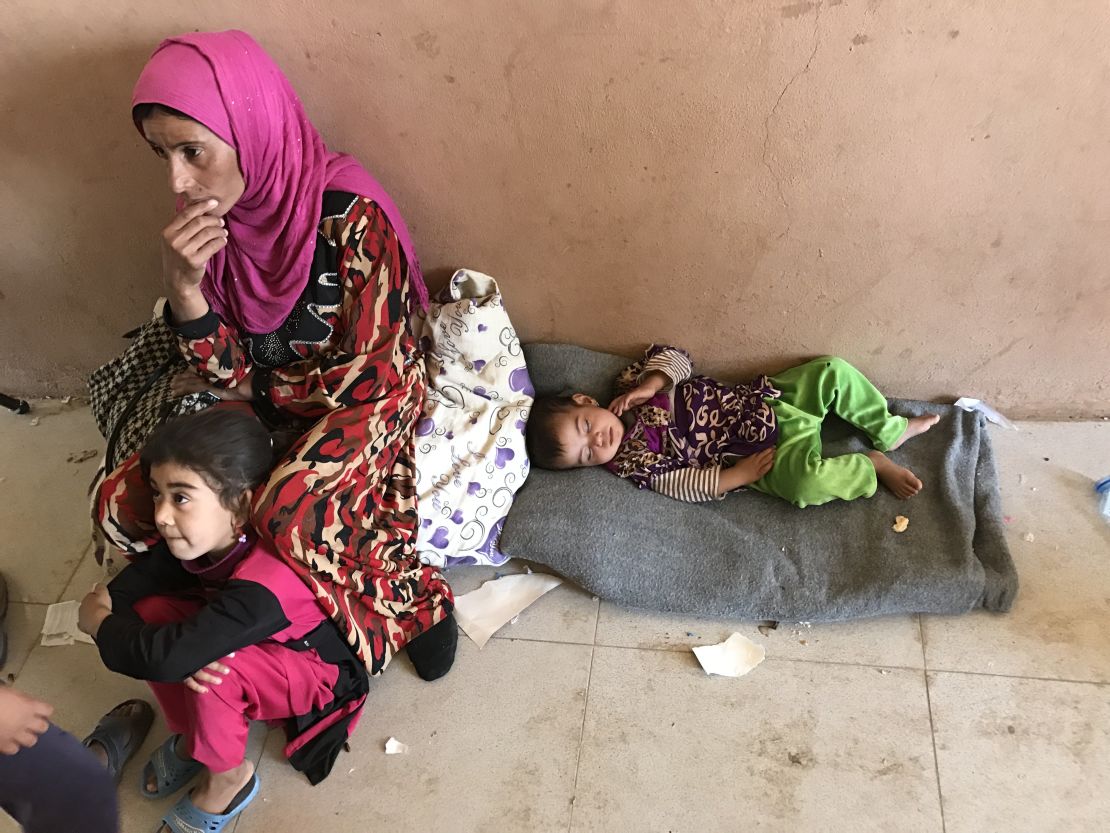
Civilians at risk of torture, abuse
Relief workers established Debaka camp late last year, building a school and mosque in optimistic anticipation that they would offer those who came here some semblance of normality.
But those plans have gone awry; the school is now home to hundreds of women and children, crammed into classrooms and corridors.
When we arrived there at midday, workers were ladling out rice and yabis, a simple bean stew, in the courtyard. Small children were running around and babies were crying, their mothers exhausted.
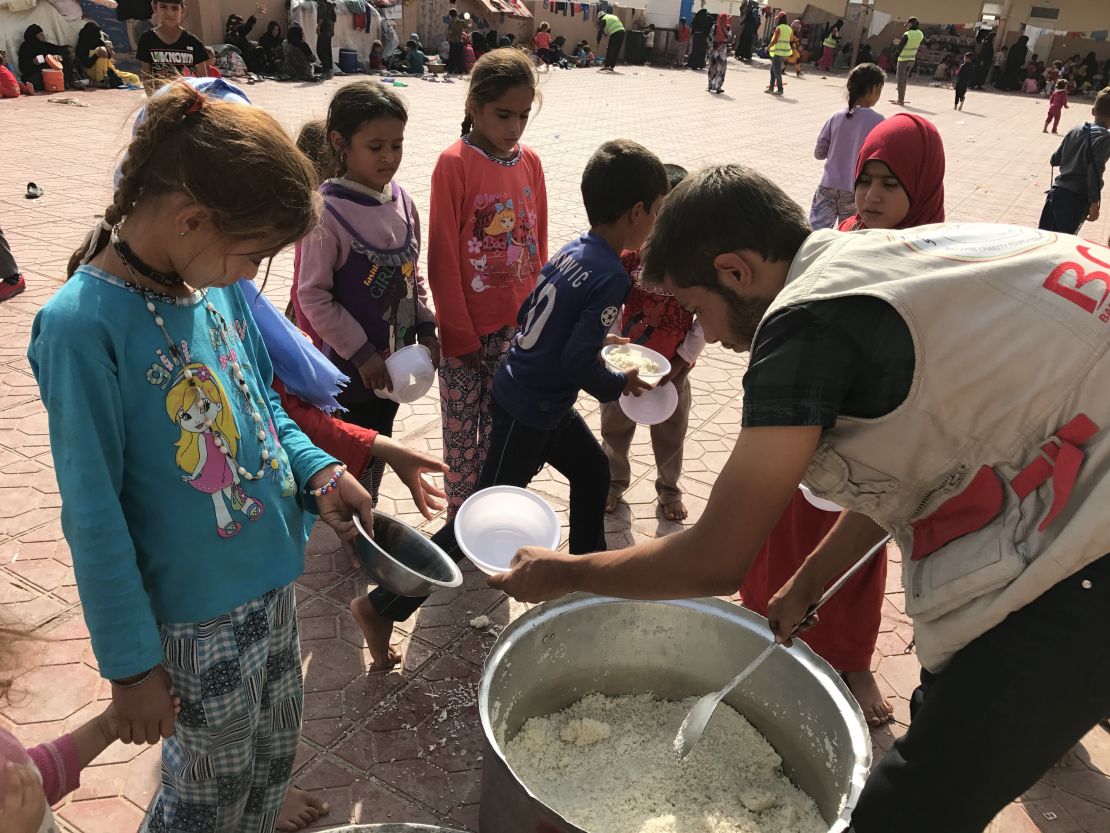
“I want to know where my husband is,” one woman told me, declining to give her name or appear on camera. “I know all men have to go through security clearance, but I haven’t seen him in five days.”
I’ve seen this before, in other battles where civilians were caught in the middle: Tikrit, Baiji, Falluja and elsewhere.
Human rights groups say the clearance process is rife with abuse, and report that civilians have been tortured and in some cases executed by Iraqi security and paramilitaries.
Iraqi Prime Minister Haider al-Abadi has repeatedly said all cases of abuse will be investigated and those found guilty punished.
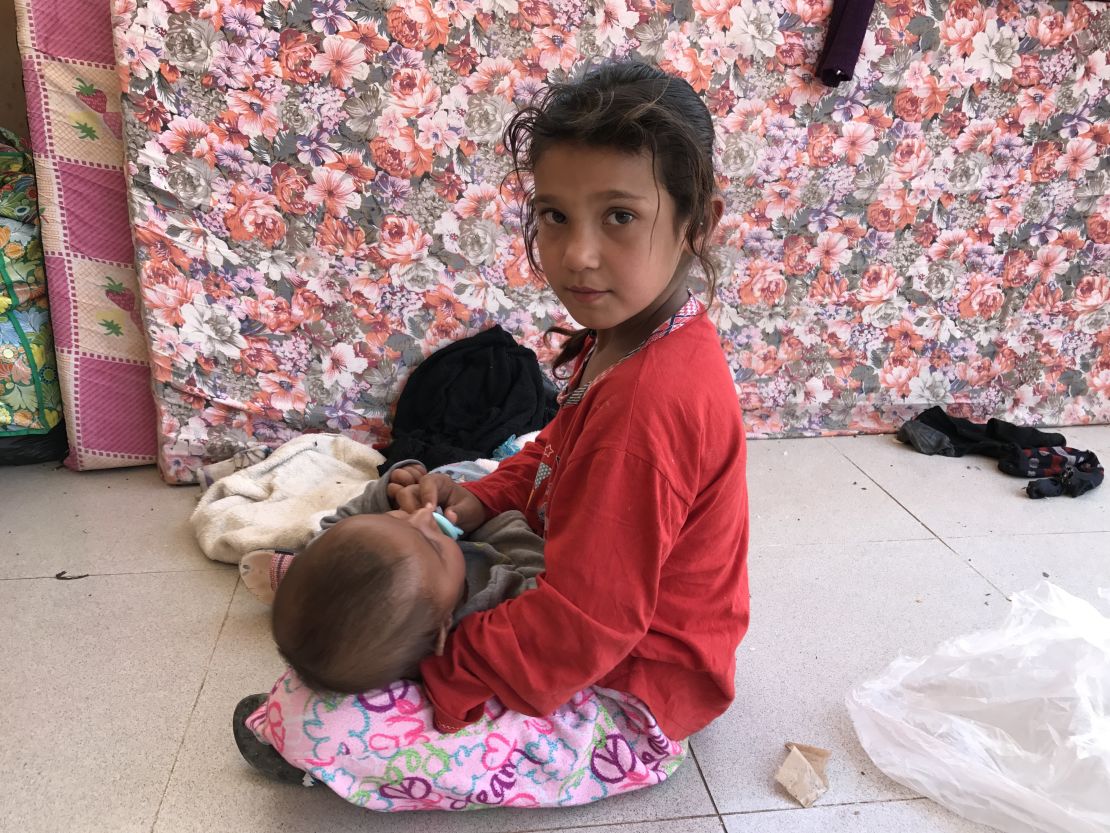
READ MORE: Amnesty warns against ‘war crimes’ in Mosul
Sectarian tensions
It is in camps such as Debaka where the catastrophe that is Iraq is most apparent. Fear and war have driven around three and a half million Iraqis from their homes.
The battle for Mosul will almost certainly increase the ranks of the displaced by hundreds of thousands, and given the scale of destruction, they may have no homes to return to once the fighting is over.
Many of the children here haven’t been to school in more than two years. One woman told me her children had forgotten how to read and write.
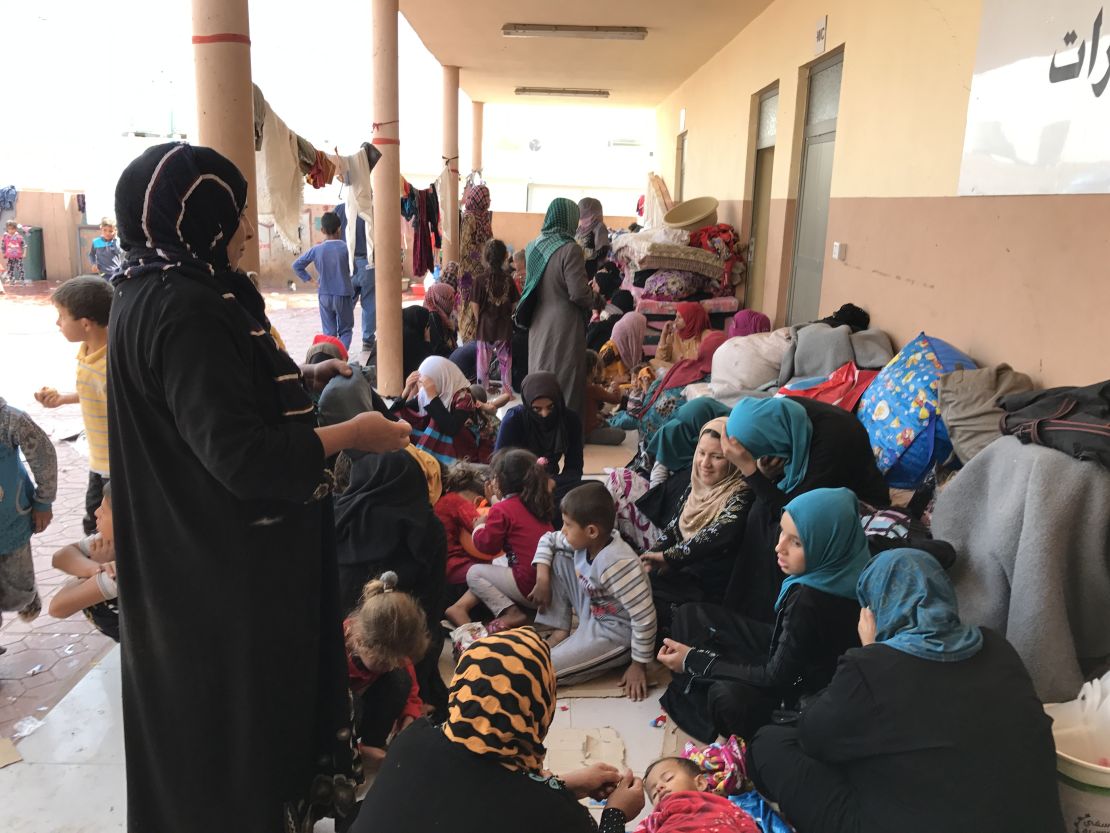
READ MORE: In Mosul, the true battle is on Facebook
Sectarian tensions across the country mean there is little trust left between Sunnis, Shias and Kurds.
The night the Mosul offensive began, I re-read a message from ISIS leader Abu Bakr al-Baghdadi after he announced the re-establishment of the caliphate.
“Rush, O Muslims, to your state,” he said. “Yes, it is your state. Rush, because Syria is not for the Syrians, and Iraq is not for the Iraqis. The earth is God’s … You will conquer Rome and own the world, if God wills.”
In the end, it appears, they will neither conquer Rome, nor own the world. All his twisted fantasy leaves behind is a country in ruins, a people devastated and divided.




